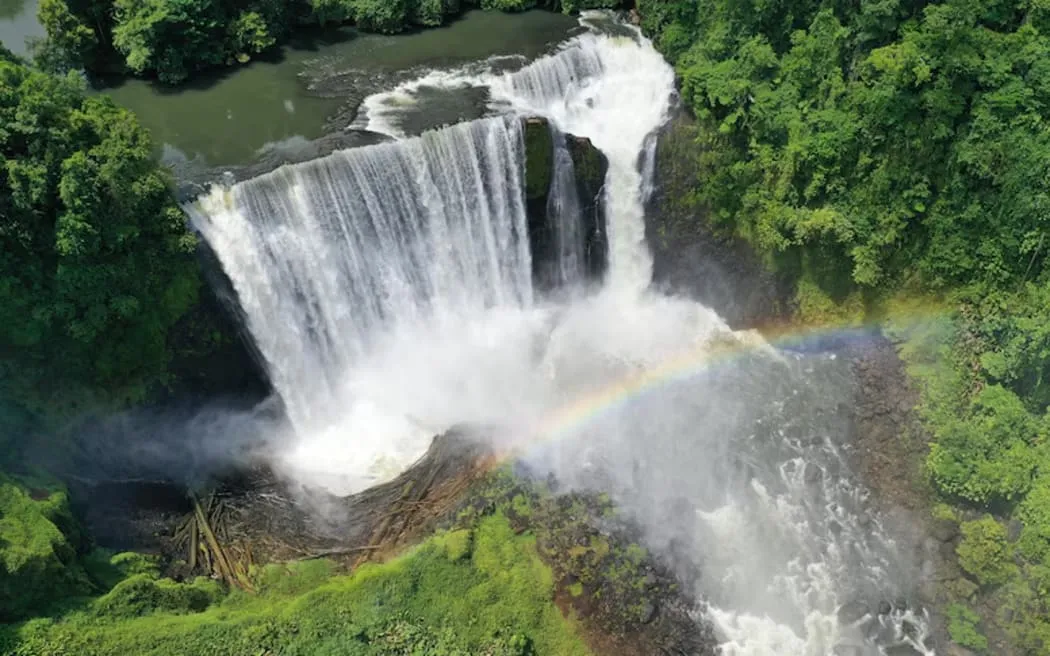Australian Company’s $1.8 Billion Rainforest Deal Sparks Concerns Over Indigenous Land Rights and Environmental Impact.
The deal, which was signed in late October, involves Australian company Epoca Resources securing a lucrative rainforest deal in Papua New Guinea’s Western Province for $1.8 billion. However, concerns have been raised over the impact on indigenous land rights and environmental sustainability.
Project Background
Epoca Resources has announced plans to build a 600km road network through the country’s last remaining “valuable” rainforest, which is said to be worth an estimated $30 billion per year. The project aims to facilitate access to markets for local agricultural producers and provide economic benefits to communities in Western Province.
Governor Taboi Awi Yoto, who played a central role in the negotiations, described the project as “a homegrown initiative” designed to “change the way forestry operations have been happening in Western Province.” However, critics argue that the project’s true intentions are unclear and that there is a lack of transparency around the deal.
Lack of Transparency
Advocates for environmental protection and indigenous rights have expressed concerns over the lack of information about the project. Peter Bosip, managing director of CELCOR, an environmental law firm based in Papua New Guinea, stated that “the deal was rushed” and that the PNG Forest Authority was not able to complete the necessary regulatory work before the deal was signed.
Governor Yoto’s claims that the state would receive 20 percent equity in the project, with the possibility of increasing to 51 percent after 25 years, have also been questioned. Peter O’Neill, former prime minister and opposition leader, has called for a detailed investigation into the project, stating “who’s making money out of this? We don’t know.”
Environmental Impact
The project’s environmental impact is also a concern. The construction of a 600km road network could lead to widespread deforestation, habitat destruction, and disruption of indigenous communities’ way of life.
“It is certainly not a sort of development that is aimed at providing services and uplifting the standard of living for our people,” O’Neill said. “It’s more about lining the pockets of a few wealthy individuals.”
Indigenous Land Rights
The deal has also sparked concerns over indigenous land rights. The project involves the acquisition of large tracts of land from local communities, with little transparency or consultation.
“The Department of Commerce and Industry does not deal with road construction,” said Peter Bosip. “That sounds strange.” Governor Yoto’s claims that the state would receive a significant equity stake in the project have also been disputed.
Conclusion
The $1.8 billion rainforest deal signed by Epoca Resources has raised concerns over indigenous land rights, environmental sustainability, and transparency. While the project aims to provide economic benefits to local communities, critics argue that the true intentions of the company are unclear and that the impact on the environment and indigenous peoples could be significant.
As one former PNG prime minister stated, “we don’t know who’s making money out of this” – a lack of clarity that must be addressed through further investigation and transparency.

0 Comments